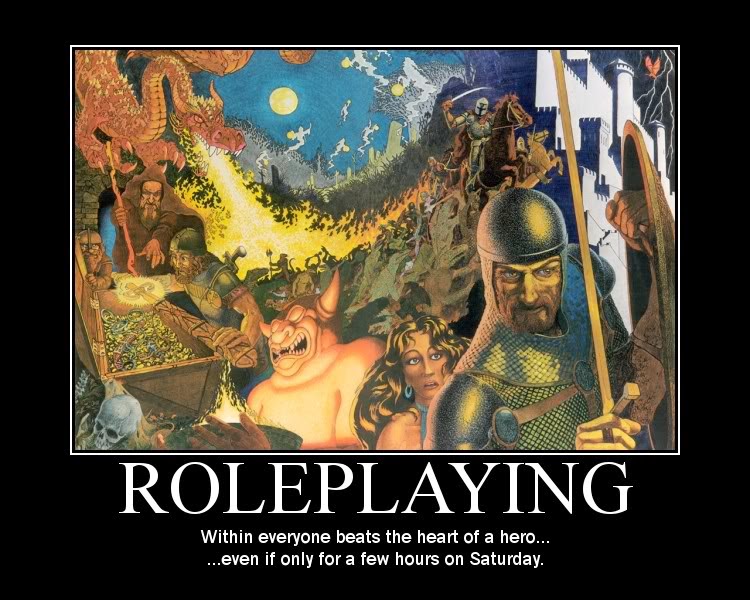+Jack Mack over at Rotten Pulp posits that the Inspiration mechanic is inherently (and objectively) bad because rewarding players for role-playing actually diminishes motivation for role-playing. His conclusion results from his review of a study on the metadata of psychology experiments where extrinsic rewards devalued the intrinsic rewards when performing an activity. While his post is well put together, I believe his conclusions misguided due to a few factors.
1) We are not kindergarten students.
2) Inspiration is not a tangible reward.
3) There are multiple reward conditions at work when playing a game like D&D.
Behavioral Psychology is challenging.
As a science, there are so many variables to human behavior that even when you have a demonstrable and repeatable experiment, it doesn't necessarily mean you can apply its conclusions to a broader audience than the one tested or to parameters that vary from the original experiment. In most cases, there are many other variables that may affect the outcome, so your results may be wildly different than what your initial experiment demonstrated when certain factors are altered.
Example: There is a famous experiment where children are given a marshmallow. They are promised that if they don't eat it while the adult is away, in about 15 minutes time, they will get two marshmallows to eat. If they delay gratification, they will get a bigger reward.
Two thirds of the children eat the marshmallow.
Now, take a group of adults and give them $5 now, or offer $10 if they hang around for 15 minutes. What do you think your results will show? I'd bet most, if not all, of them would walk away with $10. You see, when the marshmallow experiment was repeated with older children, they found that the rate of delayed gratification increased dramatically. The older child could grasp the reward system better and had learned the patience to wait for the larger reward. The study results differed by population.
The "overjustitifcation hypothesis" comes from this 1973 study which basically says that if you reward children for doing something they already enjoy (such as drawing), they will enjoy it less. Several other studies resulted from this work, but there were differences depending on the population. The study Jack cites (full text here) notes these differences: "Tangible rewards tended to be more detrimental for children than college students". Additionally, the study notes "...that it is not the reward per se, but rather its meaning to the recipient, that determines the reward's effects." This is one place Jack's correlation breaks down, but it is not the most problematic one.
Secondly, and more importantly, the Inspiration mechanic is not a tangible reward. These studies were specifically about extrinsic tangible rewards (i.e. - like a prize, money, or other reward item that has a perceived value to the study participants). Giving your players Inspiration grants absolutely no tangible reward. I would argue strongly that an Advantage roll does not fulfill the "tangible" requirement and is actually closer in nature to the verbal positive feedback discussed by the study.
Thirdly, a role-playing game has several reward systems in the mix at any given moment of play. There are character experience levels, social interactions at the table, adventure loot, the fun and excitement of combat, etc. Of these, several are composed "in game" rewards, just like Inspiration, that do not hinder the fun of playing the game, but are part in parcel to the fun of the game. Class levels are an in game rewards that do not detract from intrinsic fun of play. Character wealth and magic items are in game rewards that do not detract from the play. Inspiration is not significantly different from these. It is an intangible achievement that only temporarily affects the PC's effectiveness in game, mechanically no different from a 1 time use magic item, like a scroll. One could argue levels and magic items are much more powerful reward mechanism since they are more permanent and as such would hinder the game's enjoyment more (by the logic presented in Jack's article).
Unless one were to perform a series of studies on intangible rewards, I don't think one can draw a conclusion that Inspiration is a demotivating factor for role-playing
Lastly, and probably most importantly, players who enjoy role-playing are going to role-play regardless of any the reward system for it. What Inspiration provides is a motivation for people who are not entirely comfortable with role-playing. Once those players start to "get into character", they may find how much fun the in-character interactions become in the game. Inspiration is a gateway drug for these players. One could argue that the Inspriation reward becomes less important because the player would become more comfortable with the in-character interactions and find out how much more fun that can be over 3rd person narrative.
The Rotten Pulp post is well constructed, but I think suffers from creating correlative links where they likely don't exist.


No comments:
Post a Comment